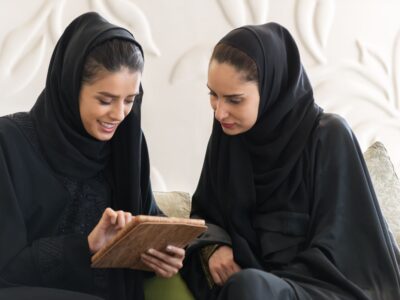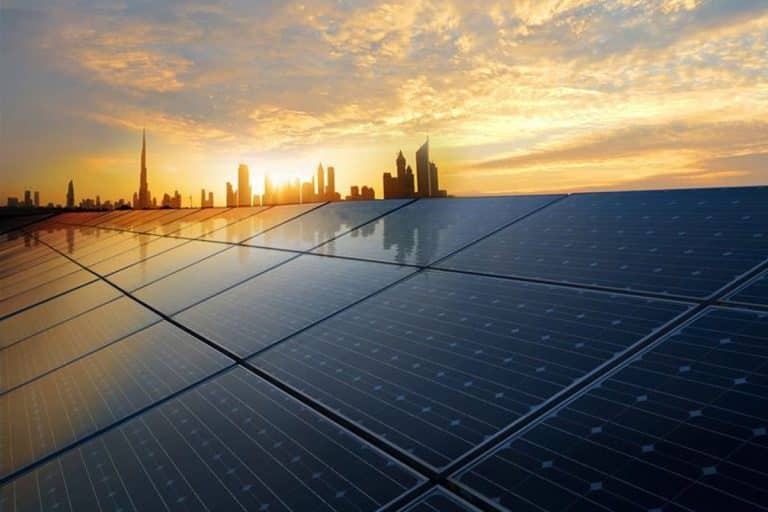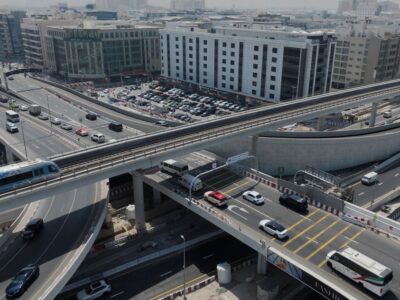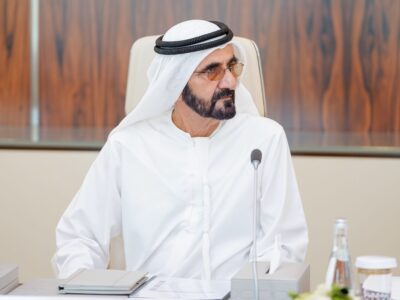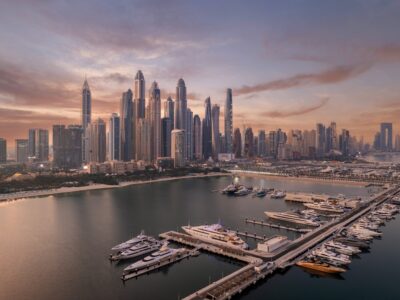Climate change and sustainability are two subjects very dear to my heart. COP28 will take place in Dubai, from the 30th of November to the 12th of December 2023. With COP27 and COP28 both being held in the Arab world, I believe it shows the rest of the world that this region is ready to lead and make good on any commitments, of which a major commitment was to keep the increase in world temperature to 1.5 degrees Celsius over pre-industrial levels.
The climate issue has regrettably fallen to the wayside as world leaders’ focus has been on the numerous disasters that have gripped countries from East to West and North to South. Even though climate change alarms are blaring, it continues to be a second thought. This is despite the earth’s natural ongoing temperature rise. We are seeing this even when severe weather events are becoming more frequent and intense. For example, this year, the heartbreaking floods in Pakistan which forced the displacement of almost 33 million people, 8 million more than Australia’s whole population.
I have recognised that expanding on the Glasgow Climate Pact (from COP26) in these uncertain times was always going to be difficult because geopolitical turbulence is becoming more unpredictable, energy security is in jeopardy, and rising prices are squeezing fiscal and monetary policy globally. However, the establishment of a dedicated “loss and damage” fund in this situation represents nothing less than a historic advance for tackling climate change.
Yet despite the “loss and damage” fund, the UN conference this year made it abundantly clear there is still a chronic and obvious gap between intention and execution. On the way to COP28 and beyond, the global community must work together to close this gap.
Mobilising climate financing, educating people about the energy transition, and boosting industrial decarbonisation are the three essential components that we need to bridge this gap. Three of the issues that dominated the International Renewable Energy Agency’s agenda while they were in Egypt.
In order to assist regions that are susceptible to climate change in making the shift to tomorrow’s energy technologies, we first need to mobilise climate financing. Since just one-fifth of investments in clean energy are made in developing and emerging economies, even though between 2000 and 2017, total investments in developing nations for clean and renewable energy reached $139 billion.
With the UAE committing $400 million in anchor investment from the Abu Dhabi Fund for Development, Irena created the Energy Transition Accelerator Fund platform at COP26 in Glasgow in order to address this issue. Three additional investors joined the Fund’s platform during COP27, bringing the total capital for the Fund closer to $1 billion and enabling it to scale up renewable energy projects in underdeveloped countries.
Education makes up the next part of the puzzle. On the path to a climate-resilient, net-zero future, equipping teachers with the skills and knowledge they need to involve students in the energy transition at an early stage of their learning is an essential next step.
By 2030, there are expected to be more than 38 million jobs in the renewables sector, making it crucial to build a strong pipeline of candidates who are qualified to fill these positions. The teachings students receive in school from their teachers serve as the foundation for preparing them for these positions.
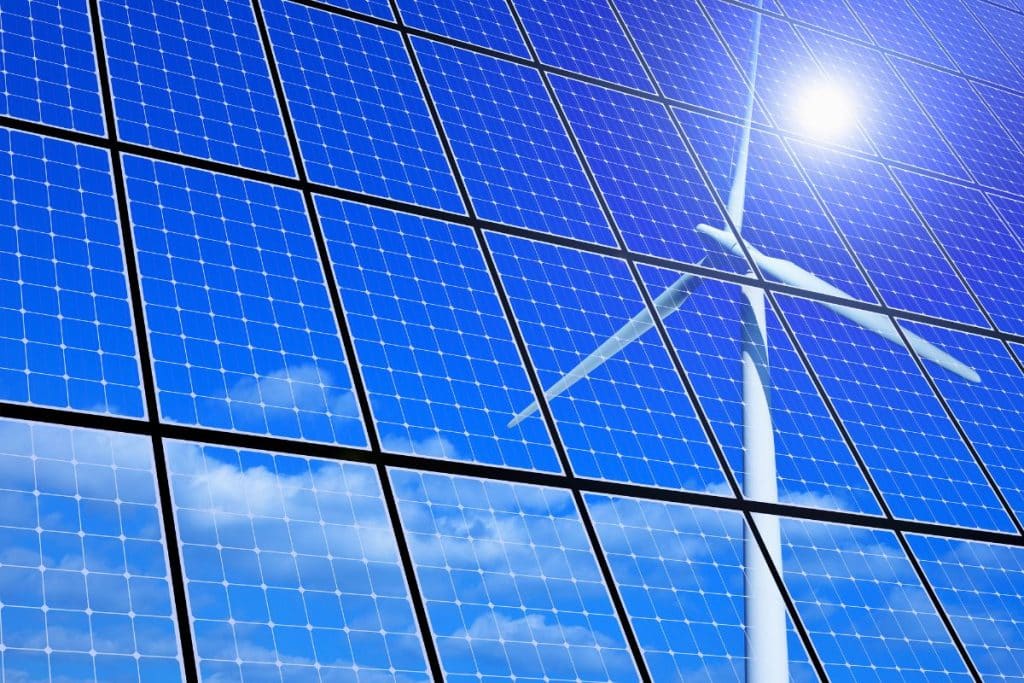
Finally, decarbonising the key financial engines that drive society is the last important aspect of climate action. The manufacturing industry now contributes up to 25 percent of the world’s GDP. However, it also contributes to around 28 percent of global greenhouse gas emissions. Working with industry to cut emissions is essential.
We must keep moving forward, from Sharm El Sheikh to Dubai, with nations and international organisations cooperating to create gateways to fill the gap between intention and execution. Only then will the world community be able to protect the interests of both developing and developed nations as well as their citizens.



